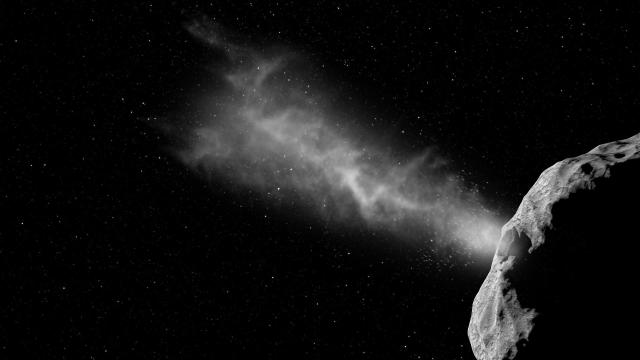The global effort to protect Earth from dangerous asteroids is set to become stronger, as China has announced its intentions to test an asteroid redirect system as early as 2025.
Speaking to China Central Television on Sunday, Wu Yanhua, deputy head of the China National Space Administration (CNSA), described China’s preliminary plans to embark on the planetary defence project, according to Chinese state-owned news agency Global Times. Wu’s comments coincided with Space Day, an annual event that commemorates the 1970 launch of China’s first satellite, Dongfanghong-1, in 1970.
For the proposed test, Wu said a probe would closely survey a near-Earth object prior to smashing into it. Known as kinetic impaction, the idea is to alter the orbital trajectory of a threatening asteroid by directing a large, high-speed spacecraft into the object. NASA is currently running a similar test, known as the Double Asteroid Redirection Test, or DART, which seeks to deliberately crash a space probe into Dimorphos — a tiny asteroid — later this year.
The Global Times says the CNSA project is in its infancy and is still being reviewed for approval. The Chinese space agency is targeting 2025 or 2026 to conduct the test, a timeline that coincides with the end of China’s 14th Five-year plan period, according to Wu.
In addition, Wu said the CNSA hopes to develop a ground-based monitoring and warning system to analyse and catalogue potentially dangerous near-Earth objects. No further details were given, but the system will likely emulate NASA’s Sentry-II monitoring system, which autonomously evaluates asteroid impact risks. Software designed to simulate the risks posed by asteroids and tabletop exercises to rehearse the defence process are also planned, according to the Global Times, adding that China is “shouldering the responsibility as a major global power in safeguarding the Earth with other countries.” The proposed monitoring and warning system would precede the asteroid mitigation test, Wu said.
Having more eyes on the sky is a good thing. My hope is that CNSA, NASA, and other space agencies and astronomical groups will pool their resources to make sure no threatening asteroids are missed and to coordinate these efforts in meaningful ways. NASA says it’s currently tracking 28,000 near-Earth objects and that roughly 3,000 are being added to the list each year.
The proposed CNSA program and kinetic impaction test is welcome news and another sign of China’s ongoing ambitions in space and space exploration. The country’s space-based initiatives are advancing quickly, as evidenced by its robotic lunar and Martian missions and its nascent space station, which is being made available to foreign astronauts, including space tourists.
